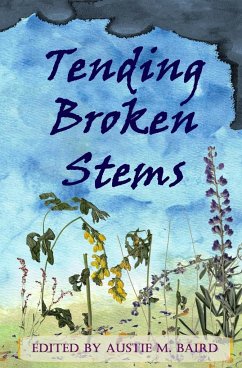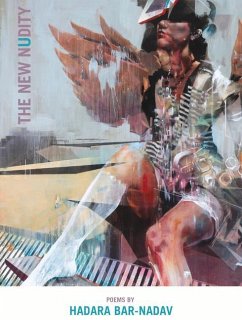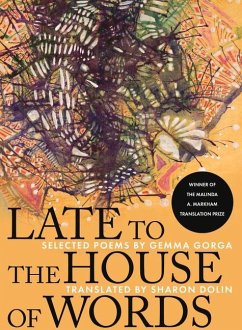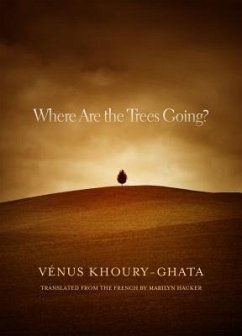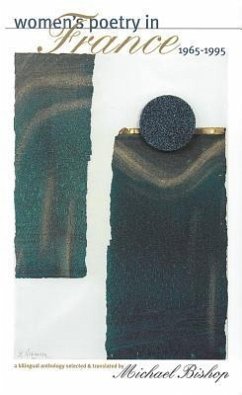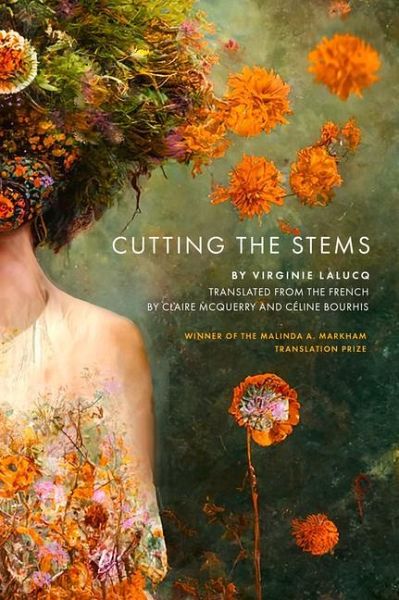
Cutting the Stems
Versandkostenfrei!
Versandfertig in über 4 Wochen
15,99 €
inkl. MwSt.

PAYBACK Punkte
8 °P sammeln!
Translated from the French, Cutting the Stems is a playful, long poem in sections that contains a pastiche of various unlikely influences: manuals on gardening and plant propagation, etymological dictionaries, gemstone and mineral guides, a how-to for florists, and other "un-poetic" texts. Lalucq's poem incorporates word play, linguistic borrowings, and etymological references, and McQuerry and Bourhis's translation captures, and, at times, reinvents, that word play for an English audience. The poem includes the central personas she and he who at times talk past each other in lyrical and often...
Translated from the French, Cutting the Stems is a playful, long poem in sections that contains a pastiche of various unlikely influences: manuals on gardening and plant propagation, etymological dictionaries, gemstone and mineral guides, a how-to for florists, and other "un-poetic" texts. Lalucq's poem incorporates word play, linguistic borrowings, and etymological references, and McQuerry and Bourhis's translation captures, and, at times, reinvents, that word play for an English audience. The poem includes the central personas she and he who at times talk past each other in lyrical and often surrealist exchanges. Through these personas, we see gender category, like language, as fluid. She, whose identity merges with the poem's speaker, is a florist and devotes much attention to the tending of words, to "[her] sentence," which takes on a life of its own. Cutting the stems of plants becomes akin to cutting away at language so that "the sentences bloom". Lalucq's poetry invites a questioning of poetic convention, foregrounding language's gaps and slippages. In this dual language flip book, the attention to language's instability is all the richer.





